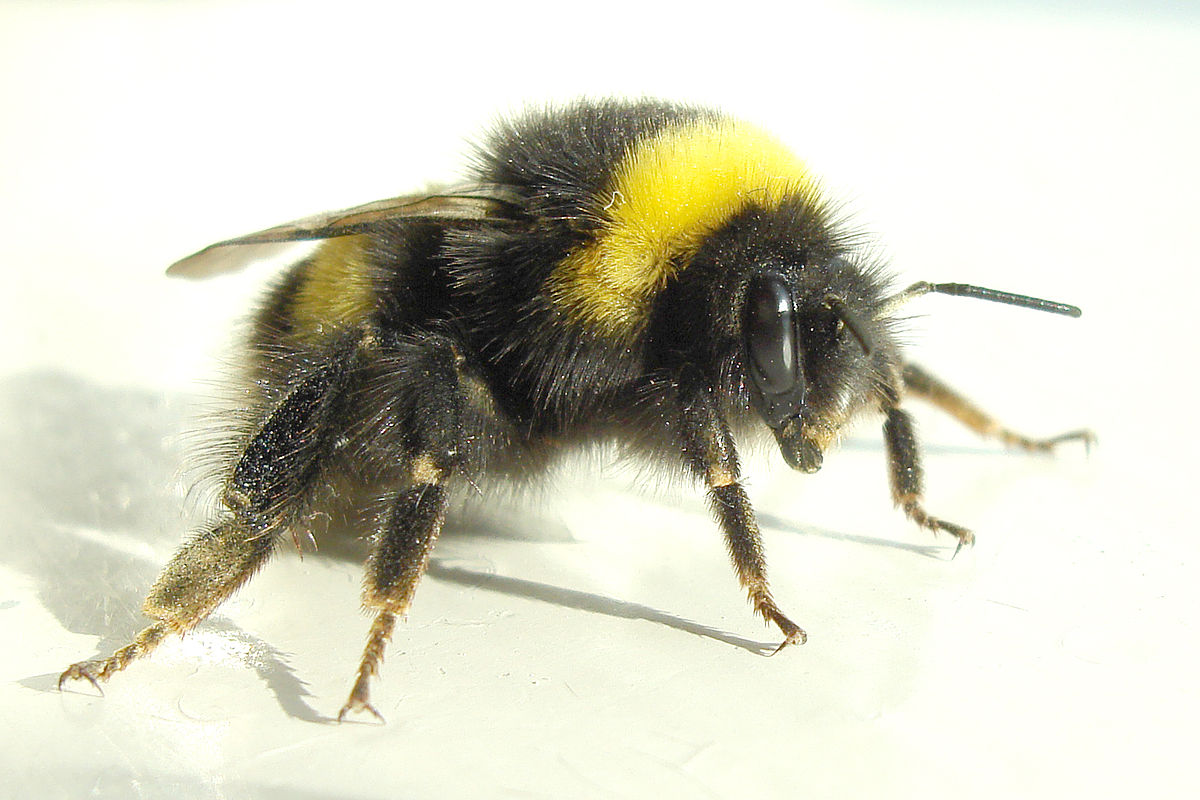 Brandon Turbeville
Brandon TurbevilleNatural Blaze
June 18, 2018
As bee populations continue to decline the world over, even more bad news is headed our way. According to numbers recorded in 2017, Irish bumblebee populations were at the lowest level since monitoring began six years earlier.
The results indicated a relative marked loss in critical native bee species.
The decline in the bee populations were confirmed by All Ireland Bumblebee Monitoring Scheme which is coordinated by Dr. Tomas Murray, National Biodiversity Data Centre Senior ecologist in Waterford County.
Ireland has 21 different species of bumblebee, all of which are vital in the pollination process for both crops and wild plants. The findings mentioned above were based upon the past six years of monitoring at over 100 sites and focusing on eight of the most common Irish bumblebee species.
“Based on a 2006 ‘red list’ , we already knew that six of our rarer 21 bumblebee species are threatened with extinction from this island,” Dr Murray said.
Bumblebees do not cluster in hives and are larger than honey bees.
“These include the charismatic great yellow bumblebee now confined to the northwest and the shrill carder bee, with its distinctive buzz, now only found in isolated populations in the west of Ireland,” he said.
Of 98 wild bee species in Ireland, an entire third of them are now threatened with extinction. These new findings are the first data signal that something dangerous and tragic is in the works.
The carder bee is threatened all across Europe. Ireland, however, has always had a relatively large population of this bee. Unfortunately, there has now been a 23 percent decline in this population since 2012.
Reasons for the decline in the bee population can be attributed to pesticide use, habitat loss, more intense agriculture, disease, and a decline in wildflowers.
Overall, the trend since 2012 is a year-on-year decline of 3.7 percent. There is a trend of total loss of 14.2 percent.
“Given the variability around our estimate, we have to be cautious about not crying wolf, but it is telling that we are detecting moderate declines in widespread species after only six years,” Dr Murray said.
The numbers were gathered as a part of a citizen scientist initiative in which 80 volunteers would walk a fixed route of one or two kilometers once a month from March to October. The volunteers counted the number and type of each bumblebee they would observe using a standardized methodology.
“In 2017, we collectively walked 883km over 490 hours, and counted 12,969 bumblebees across 14 species, making this one of the first national citizen science schemes in the world that tracks changes in wild pollinator populations,” Dr Murray said.
In 2015, an All-Ireland Pollinator Plan was launched in coordination with the National Biodiversity Data Centre.
Please help us out by sharing!
This article (Irish Bumblebee Populations Hit Record 6-Year Low, Threatened With Extinction) was created by and appeared first at Natural Blaze. It can be reshared with attribution but MUST include link to homepage, bio, intact links and this message. Image: Wikimedia Commons
Get a nifty FREE eBook – Like at Facebook, Twitter and Instagram. Can republish but MUST include author name + link back at the TOP, links and bio intact. Must include this message!

Brandon Turbeville – article archive here – is an author out of Florence, South Carolina. He is the author of six books, Codex Alimentarius — The End of Health Freedom, 7 Real Conspiracies,Five Sense Solutions and Dispatches From a Dissident, volume 1 and volume 2, The Road to Damascus: The Anglo-American Assault on Syria,and The Difference it Makes: 36 Reasons Why Hillary Clinton Should Never Be President. Turbeville has published over 1,000 articles dealing on a wide variety of subjects including health, economics, government corruption, and civil liberties. Brandon Turbeville’s podcast Truth on The Tracks can be found every Monday night 9 pm EST at UCYTV. He is available for radio and TV interviews. Please contact activistpost (at) gmail.com.
No comments:
Post a Comment
Note: Only a member of this blog may post a comment.